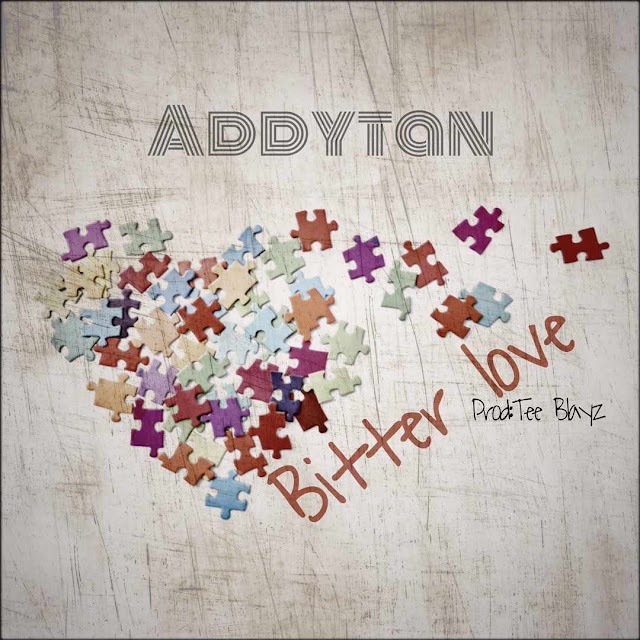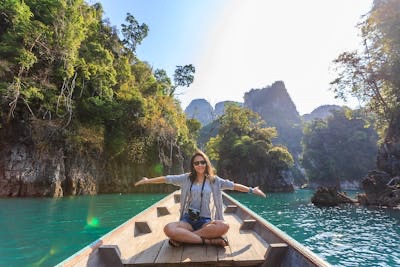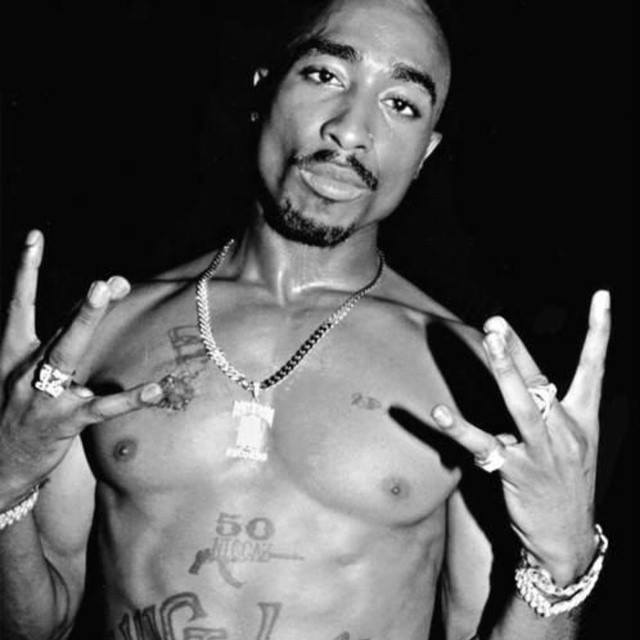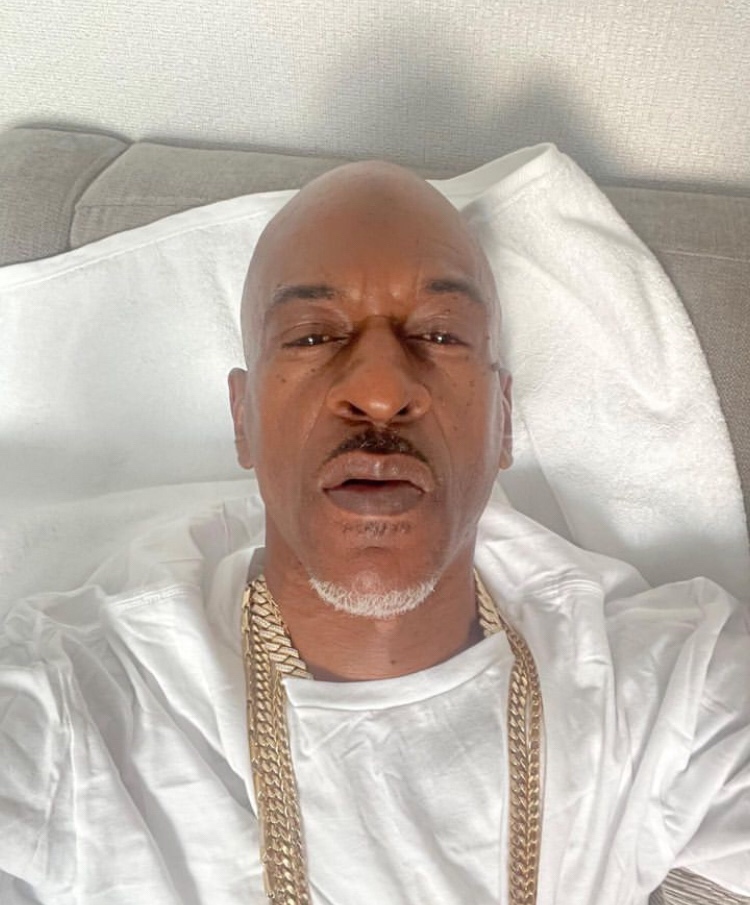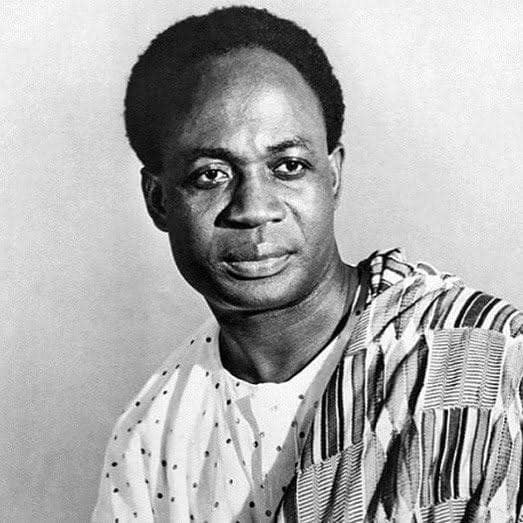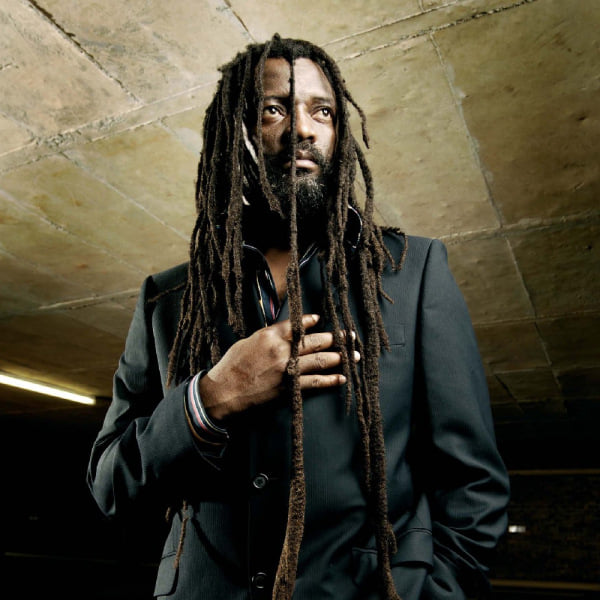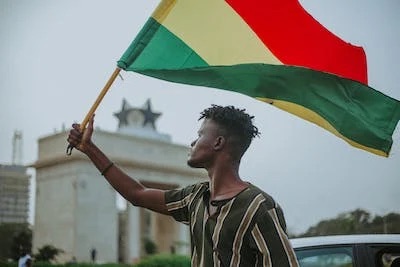
Ghana is a West African country known for its rich history and diverse culture. Accra is the capital and largest city. The country gained independence from British colonial rule in 1957.
Ghana is renowned for its cocoa production and is a major player in the global gold industry. The people are friendly, and the diverse landscapes range from coastal areas to savannah and rainforests. Notable attractions include Cape Coast Castle, Lake Volta, and Mole National Park.
Here is a brief overview of 5 sociocultural practices in Ghana that contribute to their social cohesion.
- Extended Family Structure: Ghana values strong family ties, with extended families playing a crucial role in providing support, sharing responsibilities, and fostering a sense of belonging.
- Traditional Festivals: Celebrations like the Homowo and Asafotufiam festivals bring communities together, reinforcing cultural identity through music, dance, and rituals that connect Ghanaians to their heritage.
- Respect for Elders: Ghanaian society places great importance on respecting elders. This practice promotes social cohesion by emphasizing wisdom, experience, and the passing down of traditions from one generation to the next.
- Community Spirit: Ghanaians often engage in communal activities, such as communal labor (called “mutual help” or “sikaduro”), where community members collaborate on projects, reinforcing a sense of unity and shared responsibility.
- Customary Practices and Ceremonies: Traditional rites of passage, such as naming ceremonies, weddings, and funerals, are significant occasions that bind communities together, reinforcing cultural values and social bonds.
For a more in-depth exploration, consider delving into each practice, providing historical context, and interviewing locals to gain a firsthand perspective on the significance of these sociocultural elements in Ghana.

